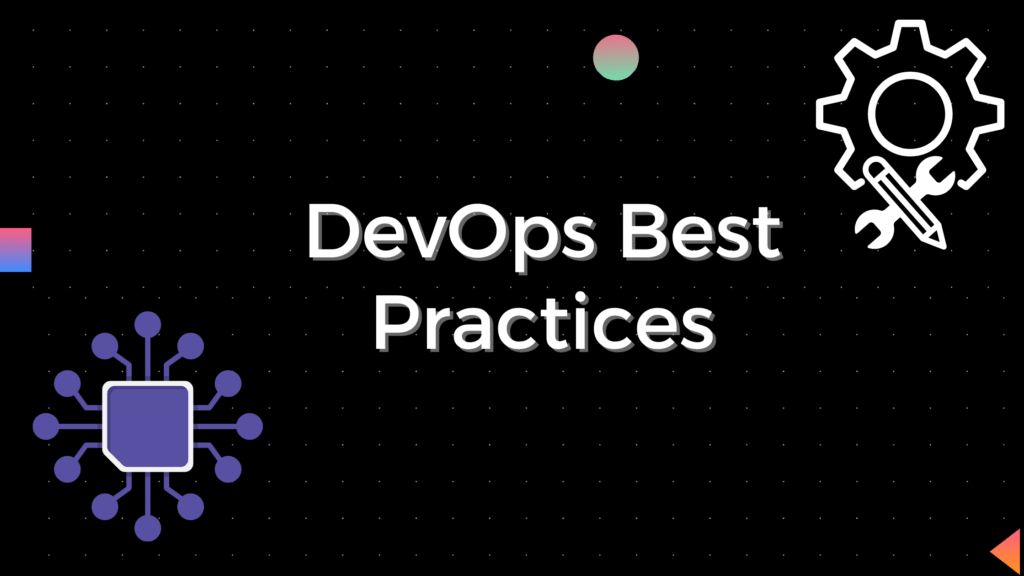In today’s fast-paced world of software making, DevOps has become a key part of how we deliver applications.
It helps bring together the people who write code and those who keep the systems running, which leads to quicker releases, better quality, and ongoing improvements. One important trend in DevOps today is containerization — the process of putting an app and all its needed parts into a container.
At the heart of this change are Docker and Kubernetes, two tools that have really changed the way we build, run, and scale apps.
Together, they help make the work easier, reduce mistakes, and simplify complex processes.
What Is Containerization?
Containerization allows developers to put an app along with its environment, libraries, and settings into a container.
This ensures the app runs the same way on any computer, helping avoid the problem where something works on one machine but not another.
Unlike virtual machines, containers share the main operating system, which makes them lighter, quicker to start, and better at using resources.
This makes containerization perfect for DevOps, where being able to move fast and scale is very important.
Docker: The Foundation of Modern Containerization
Docker is the main tool for containerization that makes it easier to build, distribute, and run apps.
It helps create environments that are the same from development to testing to production, making everything more consistent.
Some main features of Docker include:
– Portability: Apps can run smoothly anywhere.
– Efficiency: Uses resources smartly with very little extra overhead.
– Isolation: Keeps different apps from messing with each other.
– Version Control: Makes it easy to track and go back to old versions of containers.
Because of its ease and flexibility, Docker has become a key part of how we deliver apps these days, helping teams to build and test faster.
Kubernetes: The Orchestrator of Containers
While Docker handles individual containers, Kubernetes goes a step further by managing containers in groups across a cluster.
It was developed by Google and helps with the automatic deployment, scaling, and monitoring of containerized apps.
Main benefits of Kubernetes include:
– Automatic Scaling: Adjusts the number of container instances based on need.
– Self-Healing: Automatically restarts containers that fail to stay up.
– Load Balancing: Makes sure traffic is spread out efficiently.
– Rolling Updates: Deploys new versions without interruption.
– Resource Optimization: Uses the available hardware well.
With Kubernetes, teams can manage hundreds or even thousands of containers easily, making it a must-have for companies using microservices.
How Containerization Enhances DevOps
Containerization and DevOps both aim for speed, efficiency, and consistency.
Containers help developers and operators work smoothly by providing stable environments and smooth deployment paths.
Here’s how containerization changes DevOps:
– Continuous Integration and Delivery (CI/CD): Makes testing and deployment automation easier.
– Environment Consistency: Avoids issues between development and production setups.
– Rapid Deployment: Apps start in seconds, speeding up releases.
– Scalability: Handles traffic spikes or high demand quickly.
– Improved Security: Isolated environments lower the risk of security issues.
Containerization makes every part of the DevOps process — from building to deploying — faster, more reliable, and easier to handle.
Learning Containerization Through DevOps Training in Pune
To make the most of Docker and Kubernetes, professionals need hands-on experience managing containers in DevOps settings.
Taking DevOps Training in Pune gives learners practical skills to build, deploy, and manage containerized apps effectively.
This training covers important topics like:
– Docker structure and how to create images.
– Kubernetes setup and configuration.
– Automating CI/CD pipelines using Jenkins and Docker.
– Managing multiple containers with Docker Compose.
– Deploying microservices on Kubernetes clusters.
With live sessions and real projects, learners get real-world experience with container-based DevOps workflows.
Why Pune Is a Hub for DevOps Learning
Pune has become one of India’s top technology and innovation hubs.
With a strong IT industry and growing demand for cloud and DevOps professionals, it’s a great place for learning new technologies.
Taking a DevOps Course in Pune gives learners access to experienced mentors, industry tools, and project-based learning.
These courses help professionals gain skills in containerization, automation, and orchestration, which are essential in modern DevOps settings.
Advantages of DevOps Classes in Pune
For professionals looking for personal mentorship and practical experience, DevOps Classes in Pune offer an interactive learning environment with modern tools and expert guidance.
Key benefits include:
– Expert Trainers: Learn directly from certified DevOps professionals.
– Hands-On Labs: Work with Docker, Kubernetes, and CI/CD pipelines.
– Flexible Learning Options: Choose between online, weekend, or classroom sessions.
– Certification Support: Prepare for global DevOps certifications.
– Career Assistance: Get help with job placements and interview prep.
These classes help learners apply best practices in real-world DevOps environments.
Real-World Use Cases of Containerization in DevOps
Containerization is used across many industries for various applications, including:
– E-commerce: Handling high traffic with scalable microservices.
– Finance: Deploying secure and compliant banking apps.
– Healthcare: Running reliable patient management systems.
– Gaming: Scaling game servers globally in real-time.
– Media & Streaming: Delivering smooth video content with minimal delay.
These examples show how Docker and Kubernetes have become essential tools for modern DevOps organizations.
Conclusion
Containerization has changed the way we build, test, and deploy apps.
By using Docker for packaging and Kubernetes for managing containers, organizations can deliver faster, scale better, and run more reliably.
For those wanting to master these technologies, taking a DevOps Training in Pune, DevOps Course in Pune, or DevOps Classes in Pune is the best way to gain the skills needed to succeed in modern DevOps practices.






